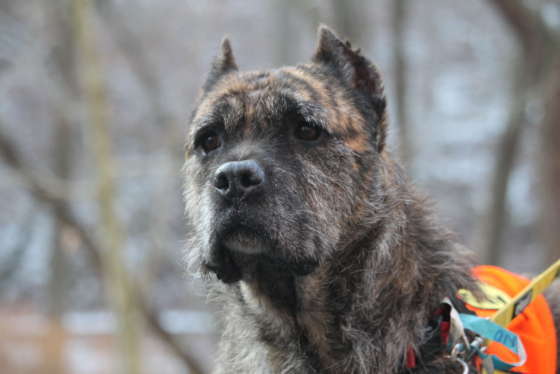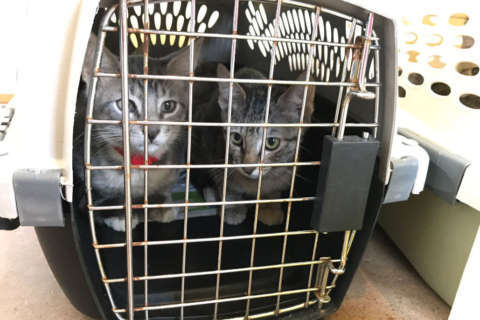WASHINGTON — It’s disaster’s hidden toll: dogs and cats left homeless.
And recent hurricanes in Texas, Florida and the Caribbean have made that toll especially high, adding to an already-sizable orphan animal population.
According to the American Society for the Prevention of Cruelty to Animals, 6.5 million companion animals enter shelters nationwide every year (3.3 million dogs and 3.2 million cats). Approximately 1.5 million of those companion animals are euthanized.
While these disasters haven’t created the problem, they certainly worsen it, said Peter Zheutlin, an author who wrote in the Boston Globe about Harvey’s impact on the orphaned dogs of Houston’s Fifth Ward.
“It just kind of spikes after them,” he said.
That impact is felt far beyond the stricken areas, too, as other shelters step up to assist. D.C.’s Humane Rescue Alliance, for instance, has helped “relieve the pressure on the animal shelters in the hurricane-affected areas,” wrote the alliance’s Matt Williams in an email.
“We have taken animals that were already in those shelters,” he added, “so that they could make room for animals made homeless directly by the hurricanes.”
Ninety-five animals from areas affected by Harvey and Irma were relocated to the alliance, Williams wrote. Most have been adopted, making room for more dogs from Maria-stricken Puerto Rico.
Shelters, of course, can only help so much. It all depends on how many are willing to add a pet to the family. Such a decision, Zheutlin said, shouldn’t be made lightly.
“You have to realize that you’re making a commitment of many years to an animal, and you want to be sure you’re prepared,” said Zheutlin, who chronicles his own pet-adoption story in his book “Rescued: What Second-Chance Dogs Teach Us About Living with Purpose, Loving with Abandon, and Finding Joy in the Little Things.”
“It’s only fair to that animal that you’re fully prepared to make that commitment for the rest of that dog’s life,” he said.
In Zheutlin’s case, he had refused to let his kids adopt a dog because he “didn’t want the mess.” That was before he met Albie, who came from a high-kill shelter in Louisiana.
“I resisted for a long time, and I was utterly unprepared for how deeply in love I would fall for this dog,” he said.
While Zheutlin isn’t critical of pure-bred buyers, he just wants people to “consider the alternative.” It can mean many years of meaningful companionship, in part because that four-legged pal had been in peril.
“I’s a relationship that is so much deeper than I ever expected,” he said, “because I look at [Albie] and it just fills my heart up.”









